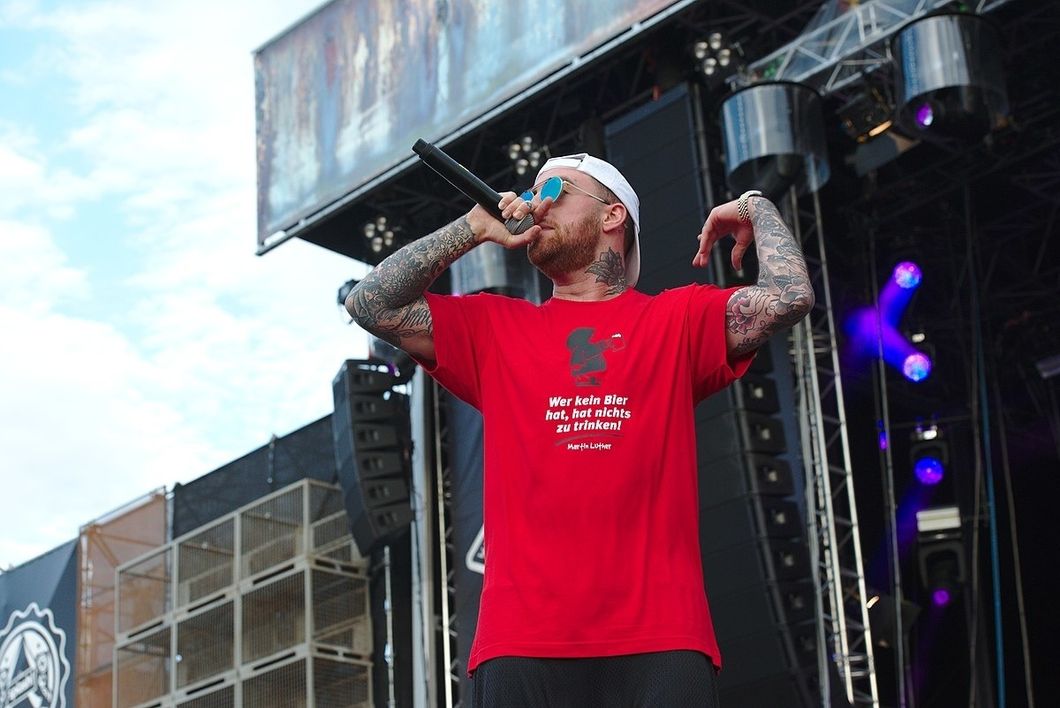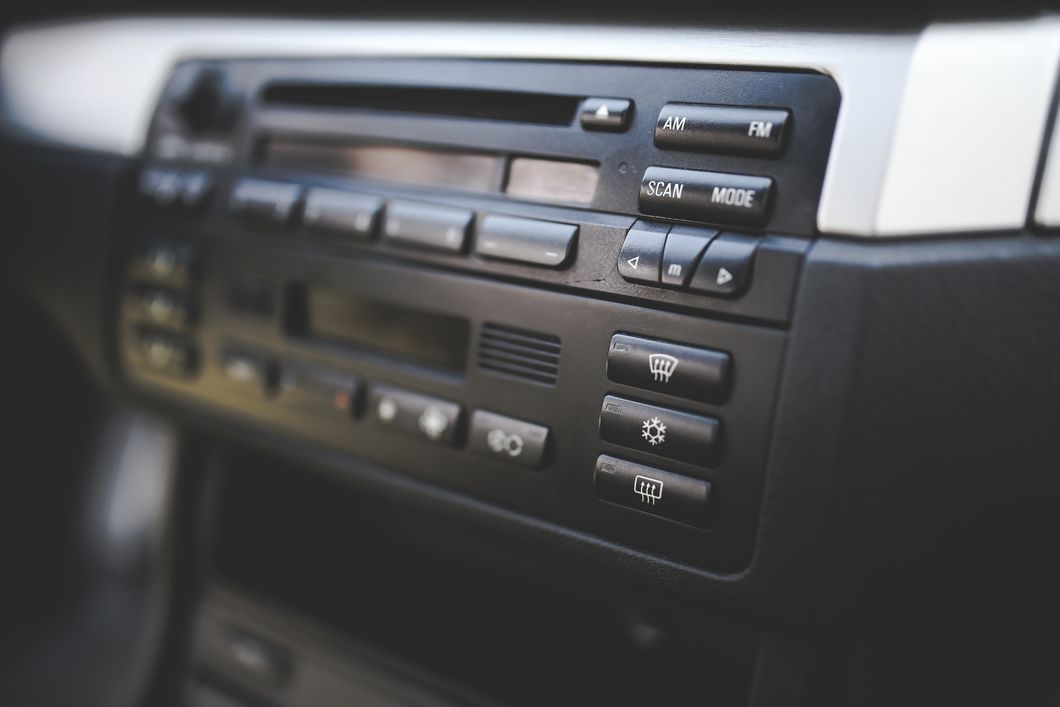Mental Health Needs To Be A Priority Always, Not Just When Your Favorite Artist Or Celebrity Dies
A trendy hashtag memorializing celebrities is NOT the way we need to be addressing mental health.
Over the weekend, Twitter and Instagram were flooded with posts dedicated to the late rapper, Mac Miller. #HappyBirthdayMacMiller started trending across many social media platforms on January 19th as fans and collogues memorialized what would have been the rappers 27th birthday. Miller passed away in September of 2018 of an accidental drug overdose.
Unfortunately, Mac Miller isn't the only public figure who we've lost due to substance abuse. Over the last few years, addiction has taken some of the most notable names in the entertainment industry.
Michael Jackson.
Tom Petty.
Lil Peep.
Prince.
Whitney Houston.
Corey Monteith.
Not only is substance abuse taking our idols and inspirations away, but suicide is too. In the last few years alone, we have seen many of our favorite Hollywood icons lose their battle with their inner demons.
Robin Williams.
Anthony Bourdain.
Avicii.
Chester Bennington.
Chris Cornell.
Kate Spade.
Millions of people live with mental illness and struggle with substance abuse daily. The stigma that surrounds mental health and substance abuse forces those who struggle with it to hide out of shame. 47,173 people commit suicide each year. 72,000 people overdose each year.
Approximately 1 in 5 adults in the U.S., 43.8 million people, are diagnosed with a mental illness in a given year. Nearly 1 in 5 youth are diagnosed with a severe mental illness at some point during their life. If we know that mental illness plagues the US, why aren't we doing more to create resources for those who need them most?
Why do we only talk about mental health reform when our Hollywood idols end their lives?
Why do we only acknowledge the tumultuous cycle of substance abuse after someone famous overdoses?
Hundreds of people are dying from these illnesses every day. The lack of resources for those who have been diagnosed with a mental illness and struggle with substance abuse is not going to fix itself every time you take to Twitter with #RIPMacMiller. So many people involved in your life on a day-to-day basis are living with mental illness. Anxiety. Depression. Bipolar Disorder. OCD. PTSD.
The way that we need to approach mental illness and substance abuse in the United States must start with the acknowledgment of common stigmas that those diagnosed are afraid of being associated with.
These stigmas leave people feeling ashamed for something that is entirely out of their control as if they are personally to blame for not "trying" hard enough. This weight that often comes along with mental health stigmas is one of the primary reasons that people refuse to seek treatment for mental illness and substance abuse. We must do our part to debunk these common stigmas.
Instead of posting an Instagram photo captioned '#RIPChester', take to your social media platforms to inform your followers about the mental health issues that Chester Bennington referenced in some of his most famous songs. Instead of captioning a Facebook photo of your Kate Spade handbag collection '#RIPKateSpade', share with your friend's suicide prevention hotline numbers and substance abuse resources. Instead of watching Anthony Bourdain's', Parts Unknown, and tweeting '#RIPAnthonyBourdain' as a tribute to what an inspiration he was, take to Twitter to address the drug abuse and alcoholism that many public figures struggle with.
Check in on your friends. Talk publicly and openly about mental health. Educate yourself. Help educate others. Show compassion. Encourage and empower your friends who are struggling to seek help.
Trendy hashtags paying respects to your favorite actors, artists, singers, and designers are not the way we need to be addressing mental health. Join the fight in preventing the stigmatization of mental health and substance abuse by using social media to educate your friends and family about these issues.
It's okay not to be okay.
National Suicide Prevention/Substance Abuse Lifeline: 1-800-273-8255


























